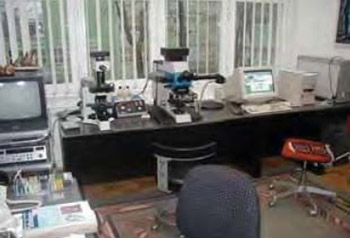The principles of telemedicine in practice
DOI:
https://doi.org/10.17305/bjbms.2003.3494Keywords:
telemedicine, principlesAbstract
Telemedicine (distance medicine) represents a field of medicine that has been in a tremendous expansion over the last couple of years thanks to the fast development of telecommunications and reduction of their costs. It enables a direct communication (visual) between the peripheral hospitals and referral facilities in the interior of the country as well as a connection of centres with referral centres abroad in the fields of diagnostics, consultations or education. The main objective is to encourage interest in telemedicine among physicians and other health care experts, initiate an exchange of opinions, and experience about the application of telecommunication technology in medicine, so to reach a common perception of its role in the context of future development of the health care system in Bosnia and Herzegovina. As a standard, current equipment consists of computers, which are equipped with frame grabbers and communication modem for communication through a public telecommunication system. Input data can all be visual data (X-Ray, CT, MRI, ultrasound, ECG, histological finding, cariogram, and of course photos of the patients, of operational/surgical field. The Institute of Pathology of the Sarajevo Medical Faculty has actively participated in the experimental project “SHARED” (1996-2000) together with the Radiology and Ophthalmology Clinic of the Sarajevo Clinical Centre. The past experience in using telemedicine has shown that the introduction of such a telemedicine system in B&H would be of great significance in the future in the context of providing better and more efficient health services to the patients. In practice, that means a more simple approach to some services and data for patients, a better and faster circulation of information and experience of medical experts and health care workers with cost control at the same time.
Citations
Downloads

Downloads
Published
How to Cite
Accepted 2018-04-14
Published 2003-11-20









